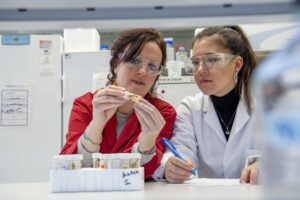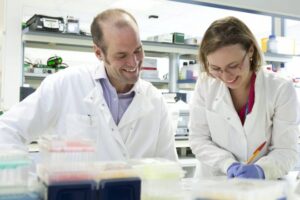Research
2024 Research Grant Call
Research into improvements of the cancer pathway for childhood and young adult cancers
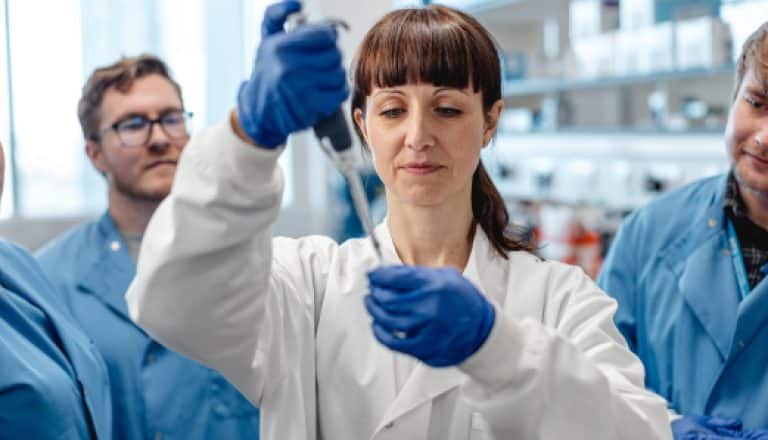
Project Details
- 2024 grant call supporting research to improve the cancer pathway and quality of life for children and young adults. Funding available for projects up to 3 years, addressing treatment effectiveness, toxicity, diagnostics, and oncogenesis.
- Invitation for preliminary proposal
- 08/01/2024
- Deadline for preliminary proposal
- 16/02/2024 5:00 pm
- Invitations for full proposals
- 25/03/2024
- Deadline for full proposals
- 06/05/2024 5:00 pm
Overview
N.B. This funding round is now closed.
This is a Grant Call for research into improvements of the cancer pathway for childhood and young adult cancers. We are seeking proposals that focus on key questions in any area of cancer research which primarily addresses the needs of children and young adults with cancer and into improved quality of ongoing life.
Submitted proposals must align with the strategic objectives outlined in the research strategy.
- Development of more effective treatments
- Early identification and mitigation of treatment related toxicity
- Identification of improved diagnostic and prognostic biomarkers
- Understanding cellular and molecular oncogenesis
What can the funding be used for?
Our project grants are intended to provide funds for the employment of suitably qualified staff and the purchase of essential equipment and consumables for projects lasting up to 3 years that address the objectives outlined above. Please note that we will not contribute towards the cost of tenured posts, nor can we contribute towards institutional overheads. The maximum amount that can be applied for is up to £350,000 for applications from a single institution, or more for collaborations involving more than one institution, though most grants will be for less than this.
Who may apply?
Proposals must be submitted by a UK academic institution (university, hospital or research institute). We will consider funding international collaborations where researchers from a UK institution play a leading role. If a grant is awarded to such a collaboration, the UK institution must take overall responsibility for management of the project and must undertake to administer the funding.
Please note that we will accept no more than two proposals from a single research group.
Application process and timetable
First stage application
The first stage is a preliminary proposal which must be submitted using our online grants portal, following the link below. Preliminary proposals are reviewed by our Scientific Advisory Panel who decide which proposals to put through to the second stage.
Decisions are based on the perceived NEED of the proposed research, the potential IMPACT of the proposed research and the capacity of the research team to deliver the proposed research.
Second stage application
Second stage applications will be subject to full, external peer review to assess the scientific quality of the detailed research proposal.
Timetable
The anticipated timeline is as follows but please note that these dates may be subject to change:
- Invitation for preliminary proposals: Monday 8 January 2024
- Deadline for preliminary proposal: 5pm, Friday 16 February 2024
- Invitations for full proposals: End of March 2024
- Deadline for full proposals: Early May 2024
- Awards finalised: June 2024
Registering
You can download full cost guidelines and read the full tender document relating to this call. If you have any questions relating to this grant call, please contact the Research team via email:
[email protected] More information on how to register via Flexi-Grant.
To register under this grant call, please apply here:
Contact
If you have any questions relating to this grant call,
Please contact the Research team via email:
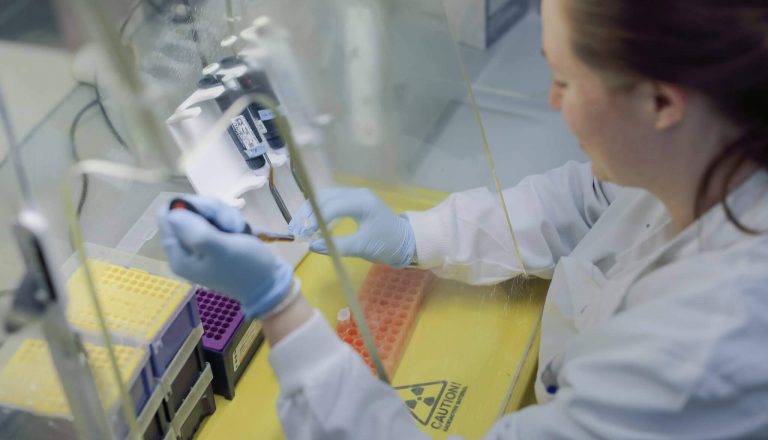
Research projects we fund
Find out about the research projects we are currently funding.
Why does research give hope to children with cancer?
Q&A with Dr Srdan Rogosic
Dr Srdan Rogosic has always wanted to become a doctor. His decision to go specifically into paediatric haematology was inspired by the improved outcomes of childhood cancer survivors, which is a direct result of decades of research.
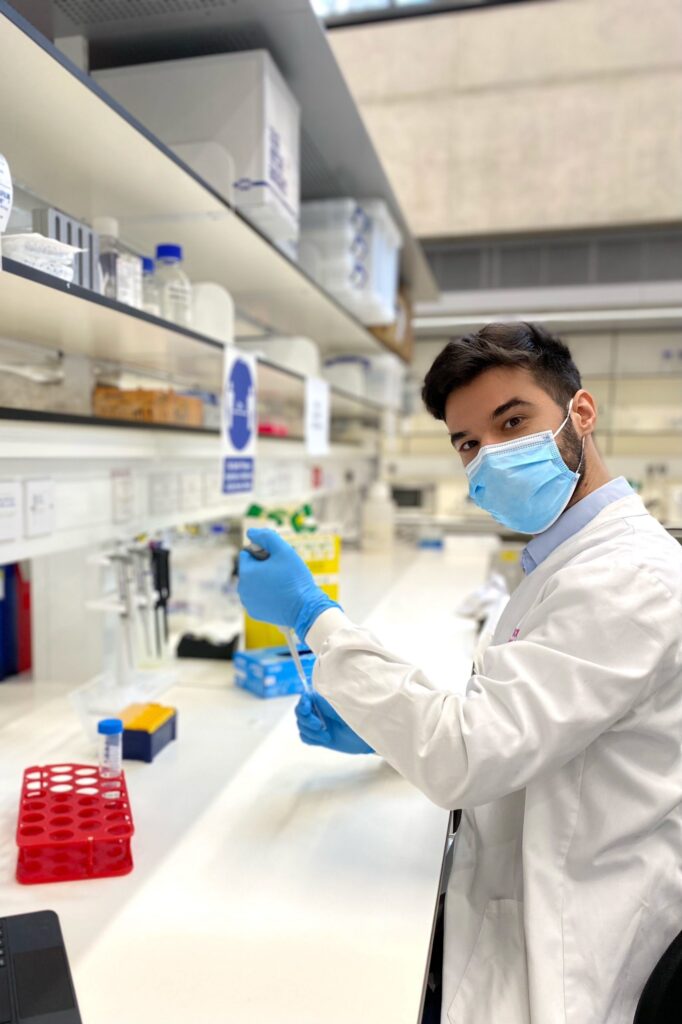
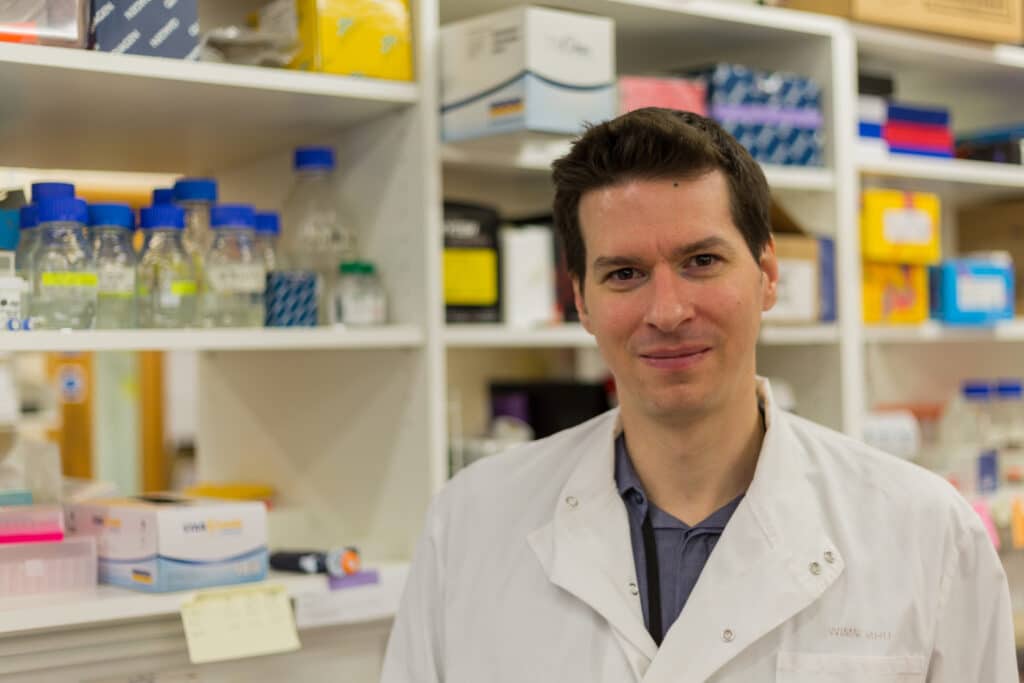
Our research strategy
Related research – Dr David Clynes
We are dedicated to improving survival of all childhood (0 – 14 yrs. old) and young adult (15 – 24 yrs. old) cancers.
Over the past thirty years, we have witnessed dramatic improvements in the survival of some paediatric and young person’s cancers, yet there
Other stories
We have lots of information to help you learn more about childhood cancer. From specific cancer types, to treatments and causes.

